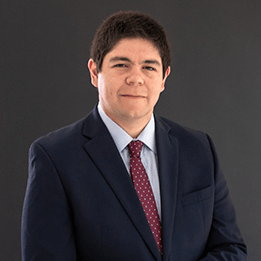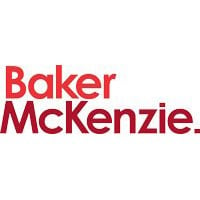

Legal counsel – upstream global commercial and exploration | Shell



Jorge Corella
Legal counsel – upstream global commercial and exploration | Shell
Can you tell us about your journey to becoming an in-house counsel? What inspired you to pursue a career in this field?
As many lawyers, I started in private practice before moving in-house. While working at a law firm I had the opportunity to be seconded to Shell and then decided to formally join the company’s legal team. I quickly noticed the differences between both environments and a key driver for me staying in-house is the proximity to the business. Your stakeholders can simply walk up to your desk and the advice, counsel and steers starts there. At Shell, Legal has a seat at the table (metaphorically but also physically) and the collaboration has always been great even if sometimes challenging as you are part of the day-to-day operations and decisions.
In your role as an in-house counsel, what are the main responsibilities and tasks you handle on a day-to-day basis?
I am currently part of the legal team that supports Shell’s Global Exploration activities for Upstream and Integrated Gas and Shell’s Commercial activity for Conventional Oil and Gas. In my current role, I provide legal support and advice to the Shell companies in various jurisdictions where Shell has Exploration activities, including Mexico, Colombia, Argentina or Suriname. As the lead lawyer for several ventures which have complex operations or for transactions, I am involved in the drafting and negotiation of commercial transactions and agreements, managing relationships with internal clients, partners and stakeholders, deal with governance and regulatory compliance matters, as well as supporting contentious matters and M&A and NBD projects, including country entries and country exits.
What are some of the key challenges you have faced as a rising star in-house counsel, and how have you overcome them?
A couple challenges come to mind. The first one being understanding that the advice and support given shall always be business friendly and with a strong commercial acumen. When I was in private practice, I always explained all of the possible scenarios to a client, even the most remote ones, but when in-house and understanding the business, you know what will work or not and understand that most of the time your colleagues just need a ‘yes’ or ‘no’. Finding that balance between being extremely legal and being simple and accurate was quite a challenge, but with time and a better understanding of the needs of the client, it is something that can be mastered. The second one is acknowledging that the status-quo can be challenged. Just because things have been done in a certain way for years, does not mean it is the best or more efficient one. Learning to improve ways of working without lowering the quality of the legal deliverables is possible.
What steps have you taken to enhance your professional development and expand your legal skill set?
Shell subscribes to the traditional ’70-20-10 Model for Learning and Development’ where 70% of the knowledge is obtained from job-related experiences, 20% from interactions and 10% from formal educational events. Given the breath of my portfolio, the ‘on the job’ training is fulfilled. In addition, being part of a global team where my peers are located in three other countries, are from eight different nationalities and more languages are spoken, you get a wealth of experience. Furthermore, throughout my years in Shell, I have attended several technical, operational, leadership development and business trainings, including a ‘Business Partnering’ course that allowed me to enhance the management and partnering with clients and stakeholders.
Furthermore, I am hereby attaching my most recent professional photo with the specifications required.